As part of the second day of the Third Al-Fatimiya Women’s Forum for Leadership and Strategy, organized by Al-Warith Academy for Sustainable Development and Strategic Studies, affiliated with the Holy Shrine of Imam Hussain (peace be upon him), a specialized lecture was held for women working in the legal sector under the title “The Reformative Legal Thought in the Sermons of Lady Fatima Al-Zahraa (peace be upon her): A Legislative System of Resistance for Awareness-Building and State Formation.”
Engineer Aqeel Al-Sharifi, Director of the Academy, stated to the official website that “the second day of the Third Al-Fatimiya Women’s Forum for Leadership and Strategy, organized by Al-Warith Academy and directed toward women in the legal field, featured a specialized lecture titled ‘The Reformative Legal Thought in the Sermons of Lady Fatima Al-Zahraa (peace be upon her): A Legislative System of Resistance for Awareness-Building and State Formation.’”
He explained that the lecture, presented by Dr. Jumana Al-Asadi in the Virtual Court Hall of the College of Law at Al-Warith Al-Anbiya University (peace be upon him), offered an in-depth analysis of Lady Fatima’s sermons as a reformative and legal framework contributing to redefining the concepts of governance, justice, and rights.
Al-Sharifi added that the lecturer also highlighted the role of the Fatimi discourse in strengthening principles of conscious leadership and cultivating social awareness, emphasizing that “the sermons of Lady Fatima Al-Zahraa (peace be upon her) represent a comprehensive model of an Islamic legislative system grounded in resistance, one that upholds rights, establishes justice, and builds the state upon firm foundations.”
This session comes as part of a series of intellectual and strategic discussions organized by the forum to empower women working in academic and legal fields. It aims to shed light on the leadership dimensions of Lady Fatima Al-Zahraa (peace be upon her) as an enduring example in shaping awareness, social responsibility, and collective identity.



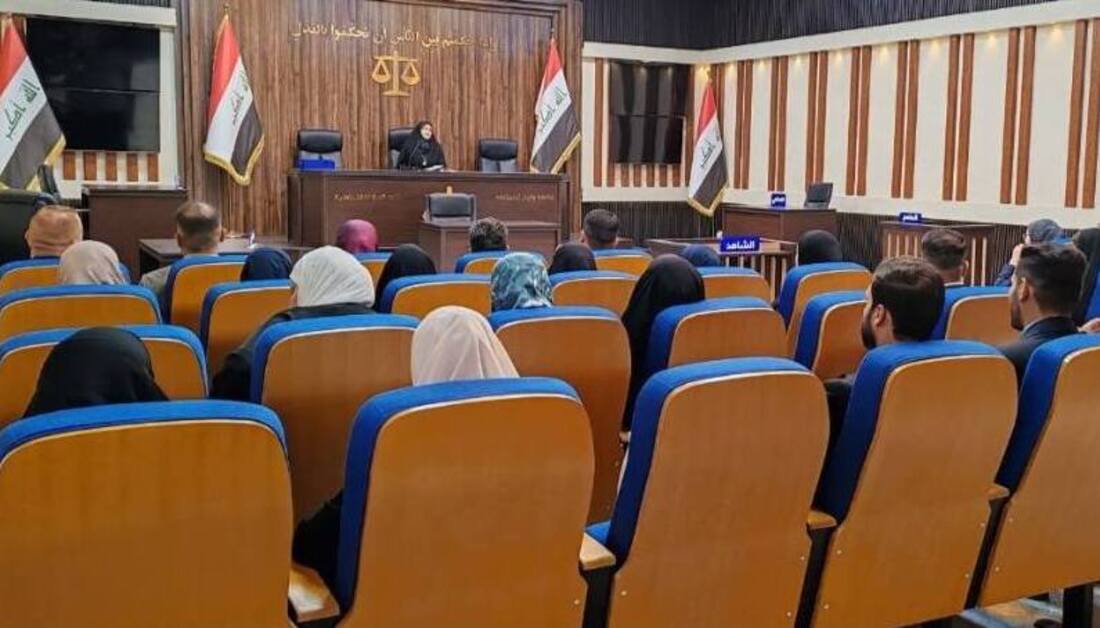
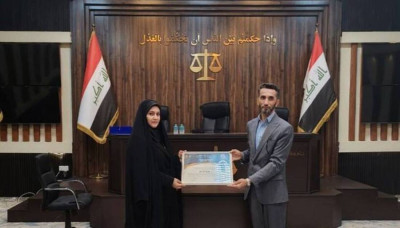
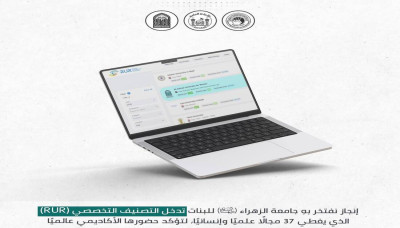
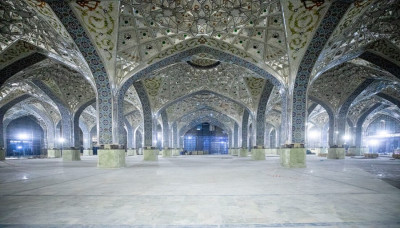
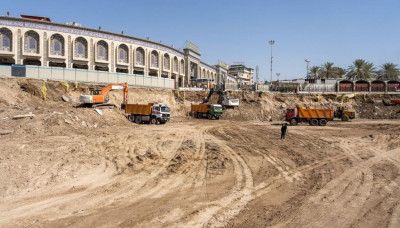
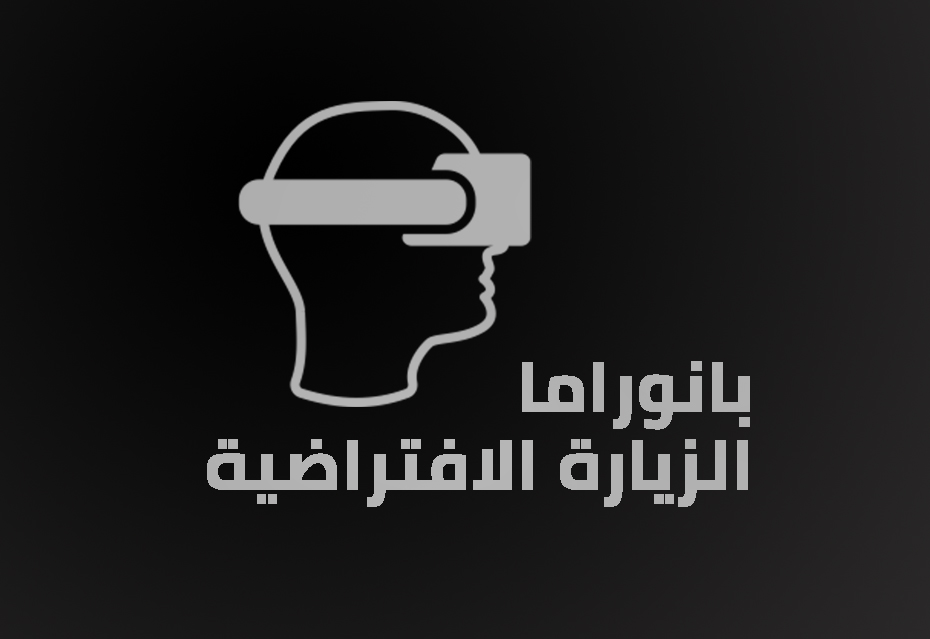

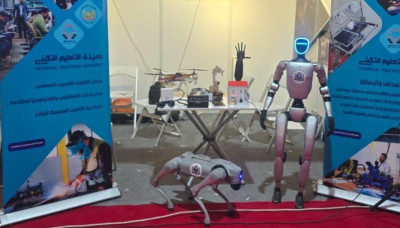
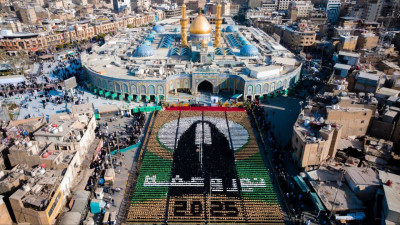

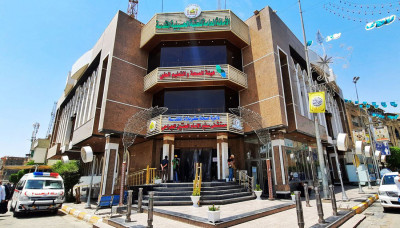
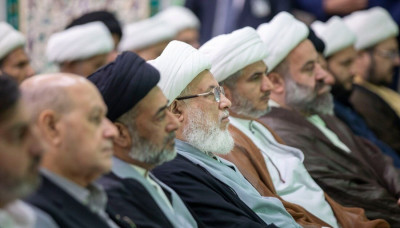


اترك تعليق